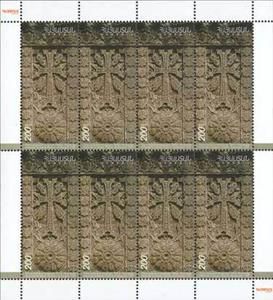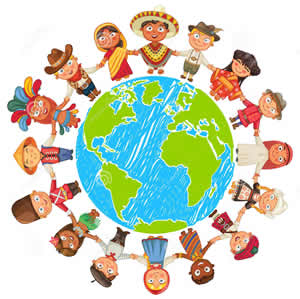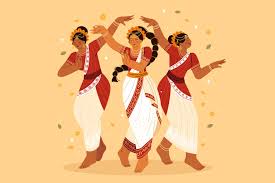Full Pane: Khachkar from Goshavank (1291) (Armenia 2012)
Khachkar from Goshavank (1291) (Armenia 2012)
14 June (Armenia ) within release Armenian Traditional Crafts (2012) goes into circulation Full Pane Khachkar from Goshavank (1291) face value 8*200 Armenian dram
| Full Pane Khachkar from Goshavank (1291) in catalogues | |
|---|---|
| Michel: | Mi: AM 783KB |
Full Pane is horizontal format.
Dated 2011.Also in the issue Armenian Traditional Crafts (2012):
- Full Pane - Khachkar from Arinj (13th cent.) face value 8*280;
- Full Pane - Khachkar from Goshavank (1291) face value 8*200;
Full Pane Khachkar from Goshavank (1291) it reflects the thematic directions:
A craft or trade is a pastime or an occupation that requires particular skills and knowledge of skilled work. In a historical sense, particularly the Middle Ages and earlier, the term is usually applied to people occupied in small scale production of goods, or their maintenance, for example by tinkers. The traditional term craftsman is nowadays often replaced by artisan and by craftsperson.
A cross is a geometrical figure consisting of two intersecting lines or bars, usually perpendicular to each other. The lines usually run vertically and horizontally. A cross of oblique lines, in the shape of the Latin letter X, is termed a saltire in heraldic terminology.
A culture is a way of life of a group of people--the behaviors, beliefs, values, and symbols that they accept, generally without thinking about them, and that are passed along by communication and imitation from one generation to the next. Culture is symbolic communication. --the behaviors, beliefs, values, and symbols that they accept, generally without thinking about them, and that are passed along by communication and imitation from one generation to the next. Culture is symbolic communication.
A tradition is a system of beliefs or behaviors (folk custom) passed down within a group of people or society with symbolic meaning or special significance with origins in the past. A component of cultural expressions and folklore, common examples include holidays or impractical but socially meaningful clothes (like lawyers' wigs or military officers' spurs), but the idea has also been applied to social norms and behaviors such as greetings, etc. Traditions can persist and evolve for thousands of years— the word tradition itself derives from the Latin word tradere literally meaning to transmit, to hand over, to give for safekeeping. While it is reportedly assumed that traditions have an ancient history, many traditions have been invented on purpose, whether it be political or cultural, over short periods of time. Various academic disciplines also use the word in a variety of ways.




